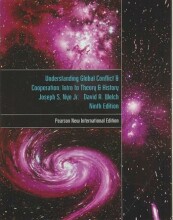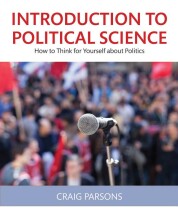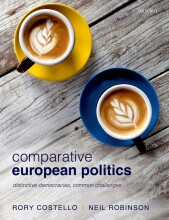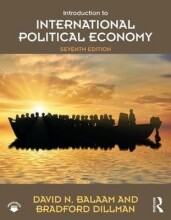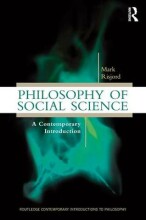Marx & Engels
35 important questions on Marx & Engels
What is the origin of Karl Marx?
Which important philosopher did he follow at first?
Why was his Prussian newspaper shut down in 1841?
- Higher grades + faster learning
- Never study anything twice
- 100% sure, 100% understanding
What were communists when Marx met them in Paris?
What was the point Feuerbach and Marx were both interested in?
Where does Marx trace alienation to?
What was the cure of alienation according to Marx?
What happened when Marx got expelled in 1845?
What was the origin of Engels and why was he so committed to factory workers?
What was the conclusion of Marx and Engels in their first book?
What is the difference between the workers and the bourgeoisie?
Why are the bourgeois their own grave-diggers?
What was the ultimate goal for Engels and Marx?
What is the surplus value?
What are the wheels which political economy sets in motion according to Marx?
What is the consequence of the fact that the product of labor is independent of the producer?
What constitutes to the alienation of labour?
Where does a man feel free?
Where does a man get estranged from just like nature and himself?
What is the forth consequence next to nature, himself and life activity?
What would higher wages do according to Marx?
What is the most important cause for the inevitable conflict that will arise?
Which two hostile camps does Marx see in history also?
Why were monarchies so good to keep these class struggles?
What did the bourgeoisie do that upset the workers?
Why is there a commercial crisis each time more threatening to the existence of the entire bourgeois society?
How does the bourgeoisie get over these crises?
How should the workers break free from this?
What does the bourgeoisie do to stop the riots?
Why are the bourgeoisie their own gravediggers?
How are communists distinguished from other working-class parties?
How can communists be summed up in one sentence?
What is the difference in labour in capitalist and communist countries?
Why are communist movements active in national politics when they want to be international?
How do communists look at different movements that are for the workers or left-wing?
The question on the page originate from the summary of the following study material:
- A unique study and practice tool
- Never study anything twice again
- Get the grades you hope for
- 100% sure, 100% understanding




















